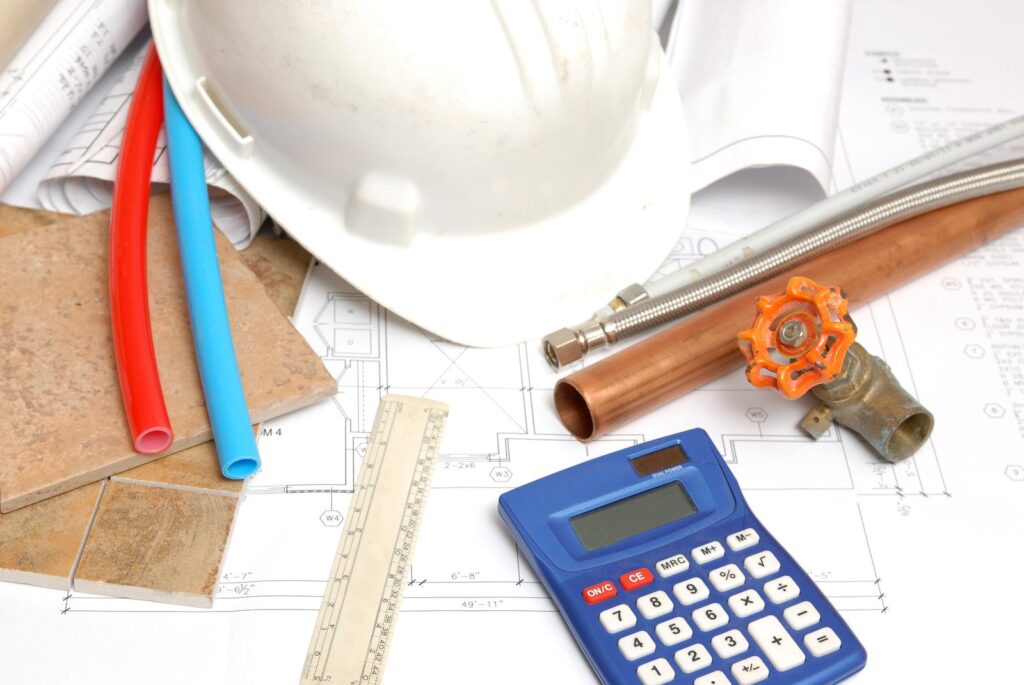Running a plumbing and heating business can be demanding, especially when financial challenges seem to rear their head just as things start to pick up. If you’re feeling the pressure from unexpected VAT bills or struggling with quieter periods, you’re not alone. Today, we’ll dig into some of the most common financial struggles that plumbing and heating businesses face—and explore practical ways to overcome them.

The Challenge of Seasonality
Let’s face it, seasonality is one of the biggest hurdles in this industry. As we speak in Autumn, we’ve just come out of the summer months—July and August are usually quieter for plumbing and heating services, compared to the busier winter season. This quieter period can create significant cash flow challenges. Often, the VAT bill hits at just the wrong moment—unexpectedly when turnover has been lower than usual, leaving businesses scrambling to pull funds together.
One of the best ways to address this seasonal fluctuation is to build a reliable stream of recurring income. Imagine how much easier it would be to weather the slow season if you had a monthly revenue you could count on. Maintenance contracts, service plans, or long-term agreements with high-level clients can provide this kind of stability. These contracts not only bring in predictable cash flow but also help maintain relationships with clients year-round. By investing time now in securing recurring contracts, you can protect your business from future financial ups and downs.
Competing with Cheaper Rivals
Another common issue plumbing and heating business owners face is competing with cheaper rivals, especially those who aren’t VAT-registered. These competitors can often undercut your prices, making it tough to attract budget-conscious customers. But here’s the thing: competing on price alone can lead to a race to the bottom—and that’s not where you want your business to be.
Instead, focus on what truly sets your business apart. Emphasise your reliability, quality of service, and the peace of mind that you offer customers. If you’re established, well-known, and can honour warranties in the long-term, that’s a huge value to the people you serve. Customers want to know that the work being done is of high quality, and they want assurance that they’re covered if anything goes wrong down the road. Leaning into these strengths can help you build a loyal customer base that’s willing to pay for quality and reliability rather than simply going for the lowest price.
Building Financial Resilience
Managing a plumbing and heating business means juggling a lot of financial balls—whether it’s keeping on top of tax obligations, controlling cash flow, or dealing with price-cutting competitors. To come out ahead, it’s crucial to get strategic about your finances. Start by ensuring you’re saving for your VAT and other tax obligations consistently, especially during those busier months. This will help take the sting out of those quiet periods.
On top of that, diversifying your income streams through maintenance contracts can significantly boost your stability. Instead of just focusing on reactive work—jobs that come in sporadically when something goes wrong—shifting your focus towards proactive maintenance agreements can make a world of difference. This gives you a financial buffer and keeps your schedule full, even during typically quieter times.
Conclusion
The plumbing and heating industry is full of challenges, but none of them are insurmountable. From seasonality to competing with low-cost providers, the key to thriving lies in building a reliable revenue base, focusing on your strengths, and staying on top of your financial commitments. By securing consistent income streams and putting money aside for those big VAT bills, you can turn financial uncertainty into stability.
Want to discuss strategies to stabilise your business finances or streamline your accounting processes? Drop us a message at info@togetherwecount.co.uk to talk with a Together We Count representative. We’re here to help you build a resilient and profitable business.
